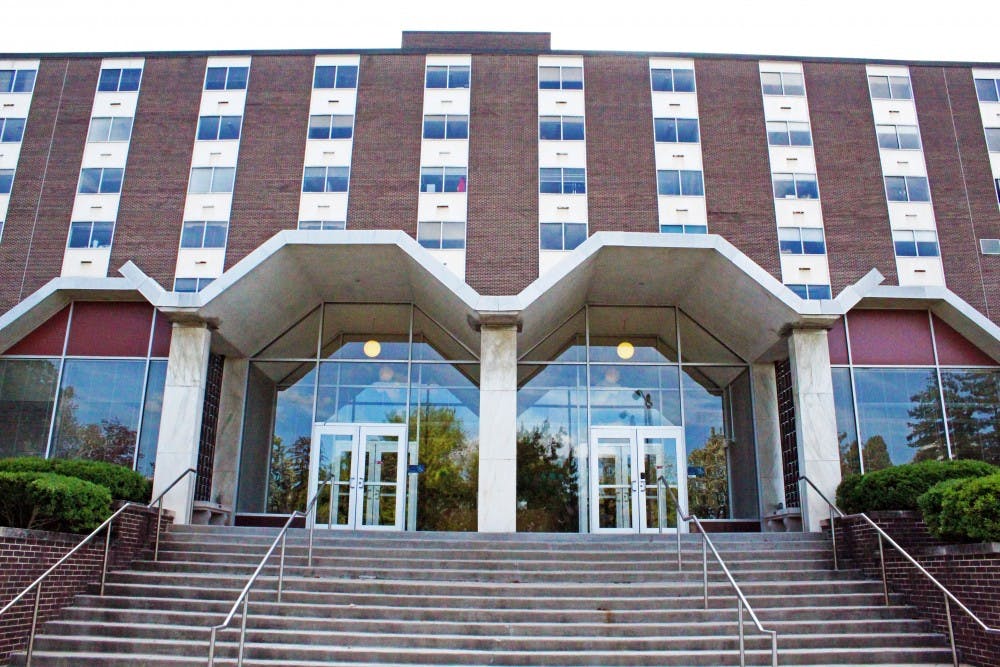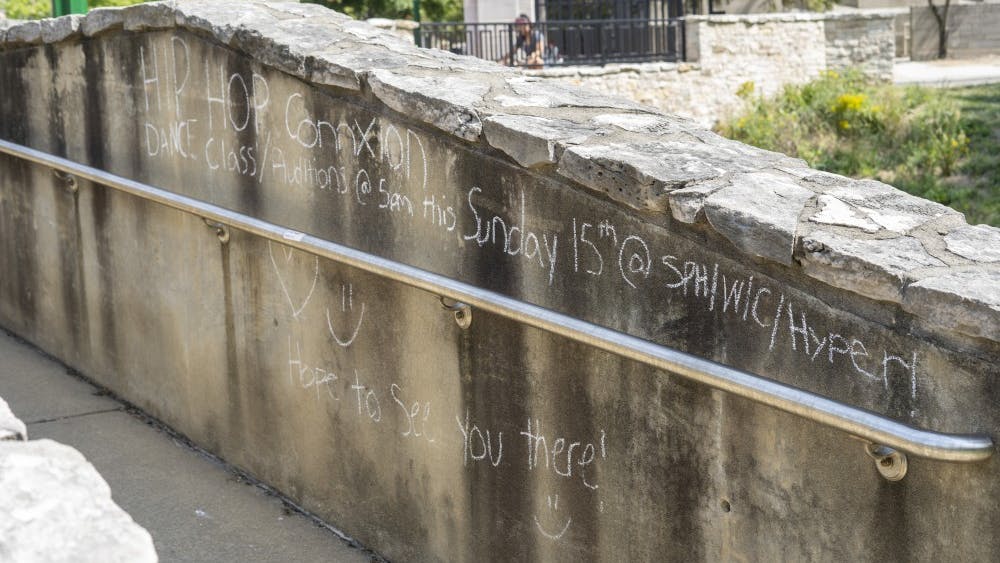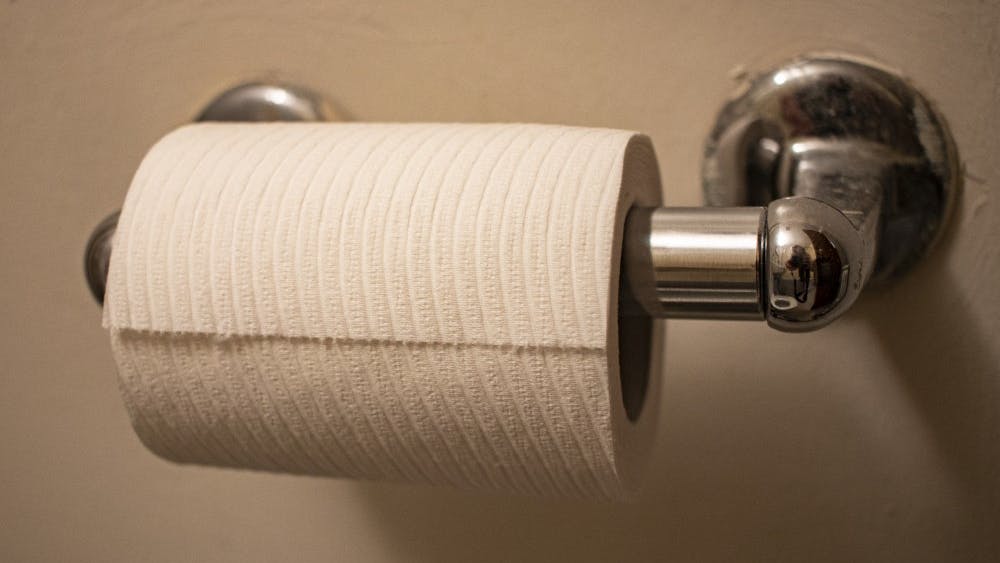Every year IU students sign leases that legally lock them into renting properties around campus. Before you find yourself in a conflict with your landlord, get your lease checked out by Student Legal Services, which has served more than 10,000 students between spring 2017 and spring 2019.
Here are some tips from Staff Attorney Marc Abplanalp for leasing in Bloomington.
Leases
Once a lease is signed, the tenants are legally bound and there is no wiggle room for edits. Abplanap said students would avoid a lot of problems if they were proactive about their housing problems before they occur.
“Students don’t know what’s in their lease because they don’t read them,” he said.
SLS allows walk in appointments to look over leases and point out any issues that could be problematic in the future.
When signing a lease, Abplanalp said to pay attention to how long you are paying rent. Most leases are 12 months long, so even when you go home over winter and summer break, rent will be due.
For those who study abroad, a five month lease may be something to search for because finding a sub-leaser in the spring is difficult and you will be liable for your rent even when abroad.
“In reality, you cannot really ‘break’ a lease,” Abplanalp said.
Management companies need constant revenue coming from the tenants that are living in their homes. Unless a student takes the management company to court, they are obligated to pay rent for the duration of the lease.
One way to avoid paying rent is to find a sub-leaser, or someone who rents a home or room from an actual tenant. Be careful when you choose a sublessee because you may be responsible for the damages they make in the home. Abplanalp said.
Sublesses usually have to be approved by the management. Your landlord has the right to deny a sublease for almost any reason so make sure you check your lease before you plan on signing a sublessee.
Roommates
Many cases are brought to SLS because other students are unable to pay rent, however its lawyers cannot legally help with those situations.
One way Abplanalp said to avoid legal roommate drama is to carefully pick people you trust to be living with you.
Mold
After the controversy with mold in residence halls last year, more students have been reporting mold in their homes. Landlords are responsible for the safety of their tenants, but only to a certain extent. Embedded in leases are certain standards of living the tenants are expected to uphold.
Security Deposit
Tenants are not guaranteed their security deposit back at the end of their lease. The assessment of damages at the end of the year is determined by the landlord. Abplanalp said to tell landlords immediately when there is a problem with your apartment or house because if a problem goes unreported, the blame could be placed on the tenant.
Move-in
Upon move-in, note every damage to the home no matter how minor, Abplanalp said. Record these with photos and videos. These records should be time stamped to insure they were taken before you lived there.
Keeping record of damages will be very useful at final inspection. Landlords will conduct a very thorough assessment at the end of the lease and these kept records will be significant in paying a lesser security deposit.
Communication
No matter what the situation is, having a direct line of communication with your management company makes situations much easier to solve.
“So many situations that have been brought to the Student Legal Services could have been solved by communication,” Abplanalp said.
Being direct and honest is the best way to resolve a legal situation.
The Student Legal Services is free to all students. Abplanalp said he and his coworkers encourage all students to reach out for further help with their housing issues. For more information visit getlegal.indiana.edu.






